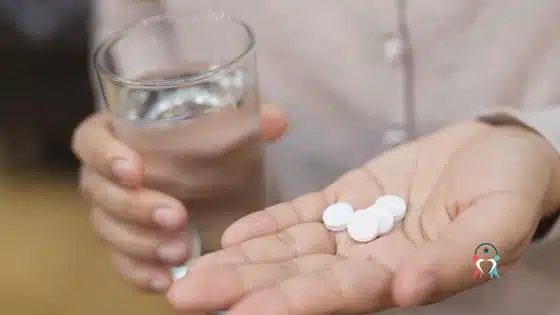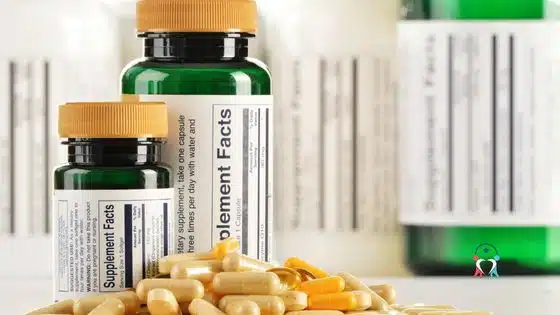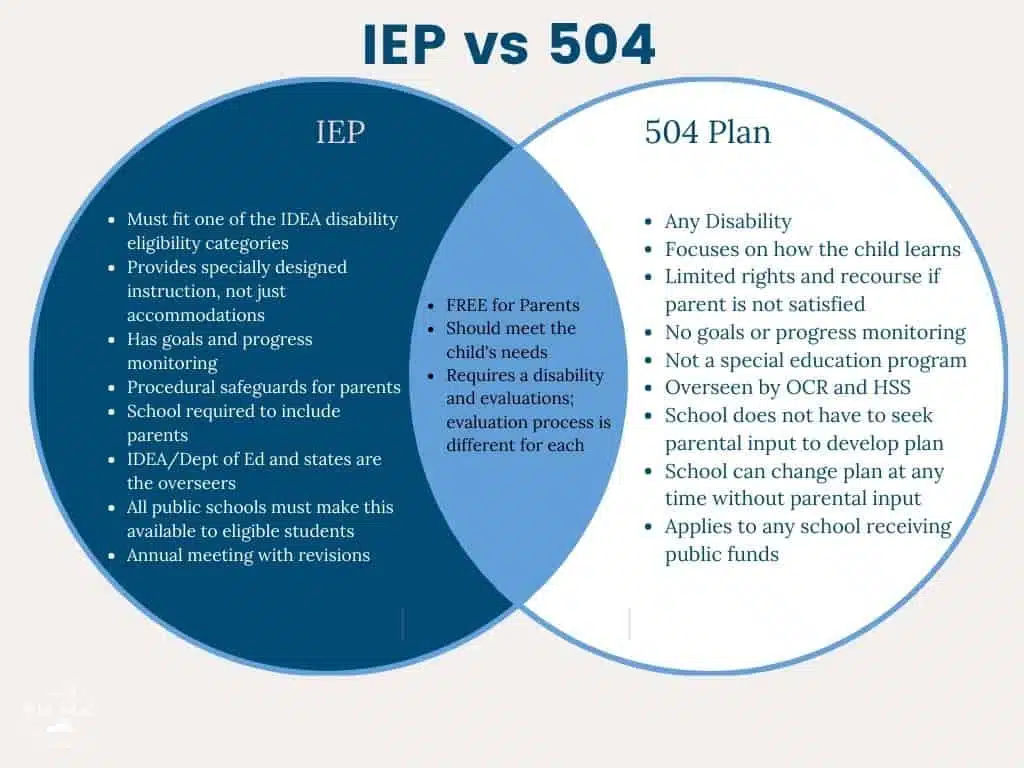What are the Benefits of Effective ADHD Treatment?
ADHD is a mental disorder that affects people of all ages, but it is most common in children. Attention Deficit Hyperactive Disorder (ADHD) causes many behavioral and cognitive problems. It is considered a neurobiological disorder that affects the ability to control attention, thoughts, and actions.
ADHD treatment can help people with ADHD live better lives by managing their symptoms and improving their quality of life.
There are many benefits to effective ADHD treatment, including –
- Improved attention span
- Better social skills
- Improved academic performance
- Reduced risk for substance abuse and addiction.
ADHD treatment involves a combination of medication, occupational and physical therapy, behavior therapy, and family therapy.
ADHD Medication for Adolescents

Several different medications can be prescribed for ADHD. The most commonly prescribed are:
- Stimulants such as Adderall XR, Ritalin, Evekeo, Dexedrine, Focalin, Vyvanse, Dynavel XR, and others.
- Non-stimulant medications, such as Strattera, Clonidine, and Intuniv. These medications work by boosting the communication between nerves and the brain. (1)
It is crucial to understand that medication cannot cure ADHD. It is just a temporary relief and should be part of your child’s therapy. Each person responds differently to medicines, and combining drugs with other types of treatment may be effective. Lastly, it is important to monitor side effects and adjust medication whenever needed.
Alternative Medication for ADHD

While there are some treatment alternatives, these are not proven but are often recommended to complement other therapies, and there’s anecdotal evidence that these alternatives can be very effective.
Omega-3 Supplements
Alternative medication for ADHD includes omega-3 supplements. Omega-3 fatty acids are a type of polyunsaturated fat that the brain needs for healthy development and function in childhood.
A study in the Journal of Child Neurology found that children with ADHD had lower levels of omega-3 fatty acids in their blood than children without ADHD. Taking omega-3 supplements can help improve attention span, focus, and visuospatial learning.
Zinc
Zinc supplements might help to reduce hyperactivity and impulsivity. It’s important to remember that there are dangers associated with high levels of zinc intake.
Iron
Iron deficiencies are common in children and can contribute to attention deficit/hyperactivity disorder (ADHD) symptoms. Iron supplementation, which is relatively safe and easy to take, improves some children’s cognitive function, behavioral regulation, and motor skills.
Melatonin
Melatonin is a naturally occurring hormone that regulates sleep patterns, improves mood and calms the racing brain.
Vitamin C
Our brains are networks of neurons – and the neurotransmitter dopamine is responsible for signaling the brain to experience a pleasure. Because vitamin C helps produce dopamine, it has been hypothesized that taking large doses of vitamin C may help with ADHD.
Occupational and physical therapy for ADHD
Occupational therapists (OT) specialize in helping people with mental and physical conditions to develop the skills and abilities needed for daily life.
Kids with ADHD have difficulties with particular skills. An OT works with them to improve their organization, coordination, and sensory skills. Children working with an occupational therapist can learn how to manage their daily schedule and task better. They can learn how to manage and regulate their hyperactivity levels by controlling their energy.
The Parent’s Role and Home Structure

There is no one best treatment for all people with ADHD because it is an individualized disorder affecting different people differently; “what works” will vary from person to person.
As parents, you are absolutely in charge of managing the treatment of your teen’s ADHD and any professional help. Treating ADHD may also consist of altering the usual unhealthy habits and changing the learning strategies and your teen’s mindset to help them cope with their challenges.
In addition to medications, supplements and occupational therapy, you can help your teenager find the best relief for ADHD symptoms through a combination of approaches.
Set a predictable pattern of tasks for your teens to follow for them to know what they are supposed to do and what they should expect. While establishing a consistent routine and structure of activities at home, always be on guard for your teen’s good behavior. Praising our teens for completed tasks and focusing more on their appropriate behavior will further help improve the symptoms of ADHD in your teens.
Lifestyle Choices to Help Teens with ADHD
Lifestyle choices play a significant role in helping your teens manage their ADHD symptoms. Poor choices would exacerbate ADHD symptoms, so staying active and getting plenty of sleep is crucial for managing the condition. Teens should avoid drinking too much caffeine, eating too much sugar, or going without exercise.
It is said that any physical activity enhances the norepinephrine, serotonin and dopamine levels of your teen’s brain which usually improves their concentration, memory, motivation and decreases hyperactivity.

Exercise and Physical Activity
Exercise can also limit stress, anxiety, and depression and heighten the mood for learning.
Some ADHD medications also have similar effects, although the latter is freer from side effects compared to exercising.
A simple exercise regime like walking, dancing, swimming or any sport including outdoor activities regularly each week are just some ideas you can do with your teens.
Sleeping Habits
Establishing a regular sleeping pattern is as beneficial as starting a useful exercise habit. Teens with ADHD are likely to experience difficulties in sleeping so it would be best to adjust their daytime activities to help them establish a well rested night.
You should be able to stick to a specific bedtime for them, provide a quiet hour before sleeping and make sure they don’t do daytime naps. If you think the restlessness is caused by medication, consult your teen’s doctor and agree on adjusting the dosage.
Avoiding caffeine intake later in the day may also be beneficial for a good night’s rest.
Diet and Nutrition

Similarly, eating the right kind of food on a regular basis also helps in regulating ADHD symptoms. The food your teens take in may affect the way they behave, the energy they put off and the moods that they show.
Many who have ADHD eat carelessly, not minding if they have not eaten for hours and then suddenly devour any food they find. You should set a regular eating schedule for your teens, at most three hours in between.
- A diet consisting of protein and complex carbohydrates gives them lasting energy throughout the day while decreasing their hyperactivity.
- A substantial amount of omega-3 fatty acid intake aids in improving your teen’s mental focus. You can find these in sardines, tuna, salmon, fish oil supplements, fortified milk products and eggs.
Extra Help at School – 504 for Teens with ADHD
Work with your child’s school to ensure you have an appropriate 504 plan or IEP that is current and age-appropriate and addresses your child’s particular needs. Under the disabilities act, your school district must evaluate the child at no cost to you and provide special accommodations.
There are many ways to help children with ADHD succeed in school. These include providing them with a quiet, distraction-free environment to work in and giving them the tools they need to succeed.

Conclusion: Effective Strategies That Help Children With ADD or ADHD Succeed in School
In conclusion, it can be hard to figure out how to help your child when they’re struggling with something like ADHD. It can feel like there’s no end in sight or that things will never get better. But don’t give up hope! There are plenty of ways to make sure your child gets the care they need so they can live their best life possible.
Here are just a few ways that you can ensure your child receives adequate treatment for ADHD:
- Talk to their teacher about what might be going on at school; there may be time to update their 504 and the accommodations to help them succeed more easily than before.
- Consider seeing if there’s any place nearby that offers group therapy or other similar programs; having other kids who are going through similar things can make a huge difference when it comes to dealing with these kinds of issues.
- Encourage them to talk about what they’re feeling with someone who’s trained in dealing with these kinds of situations (like a therapist or psychologist); this will help reduce any feelings of isolation or depression they might be experiencing because of their condition.
- Find an ADHD specialist near you and make an appointment so you can learn more about what’s going on and how you can help your child deal with it properly! By taking these steps, you’ll ensure that your child gets the care they need so they can live their best life possible!












